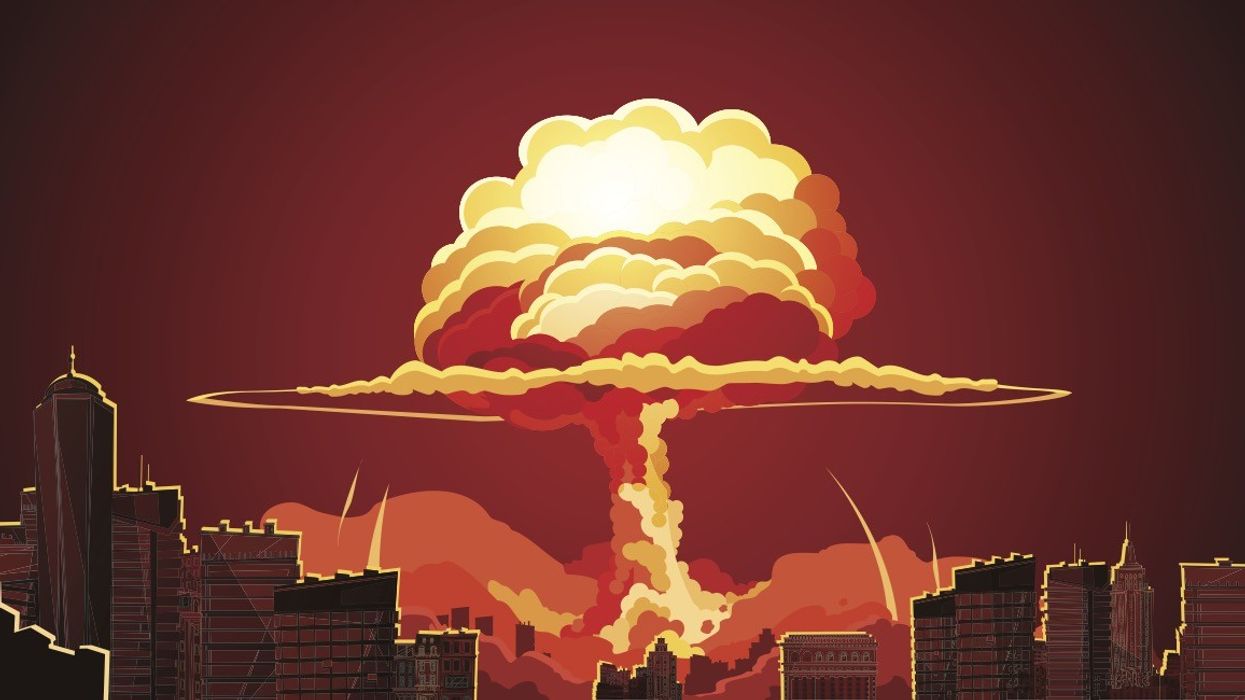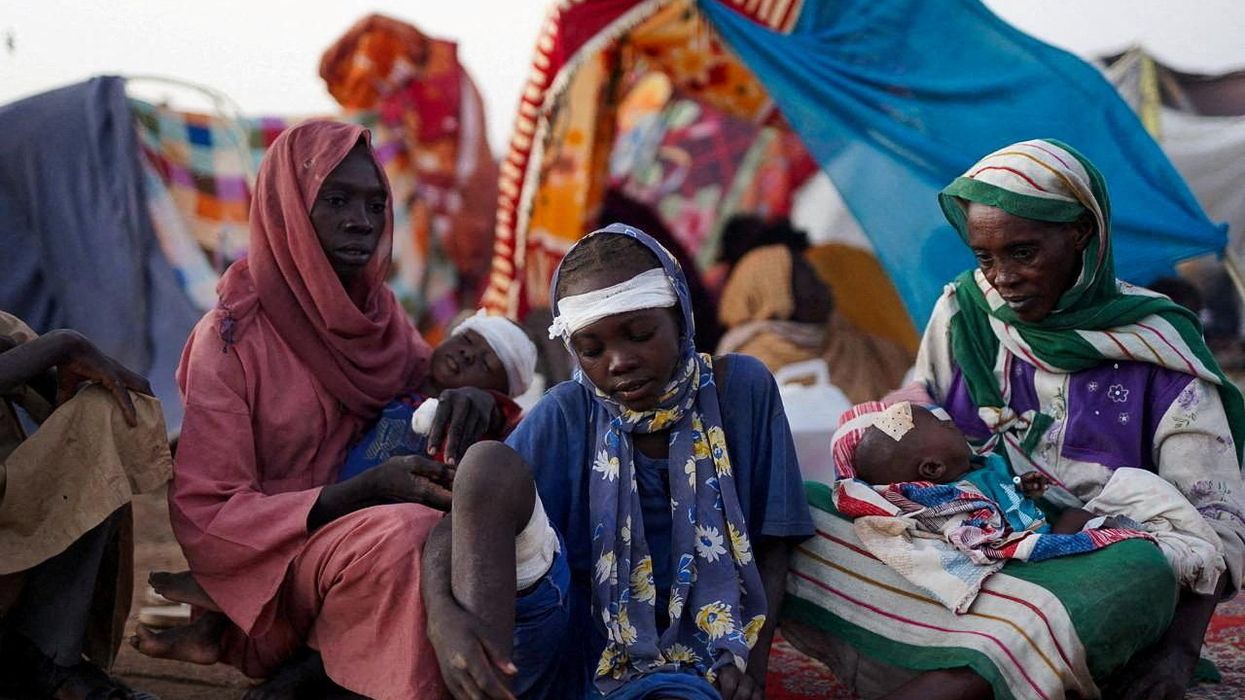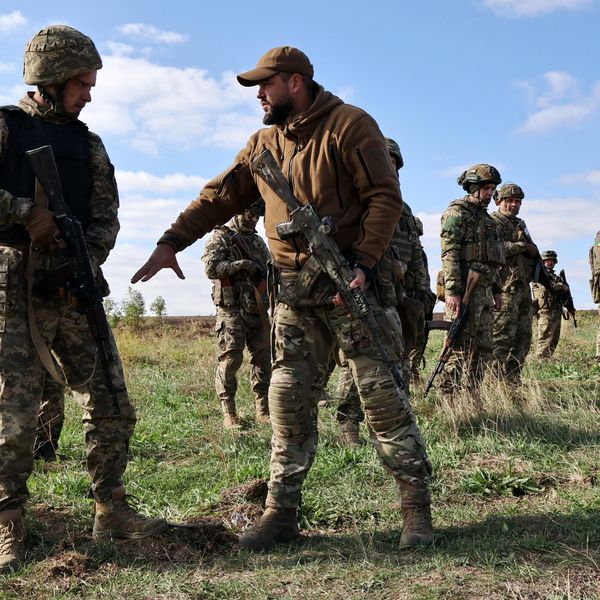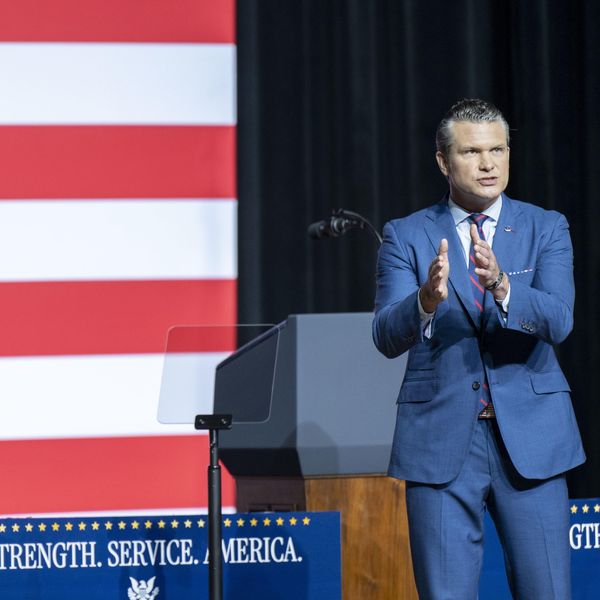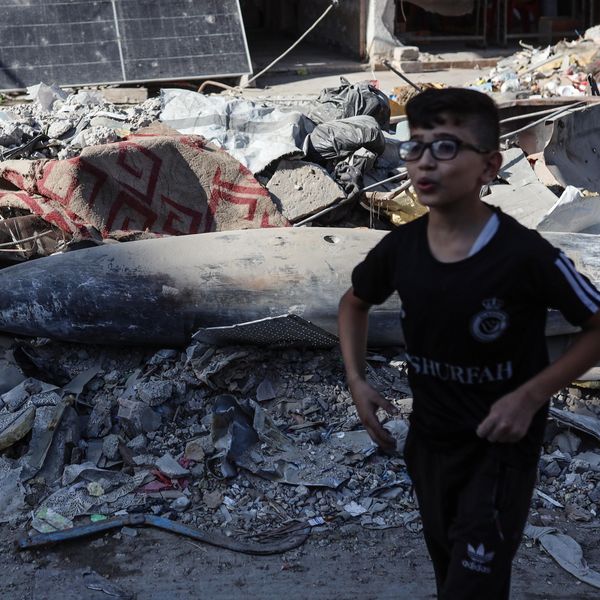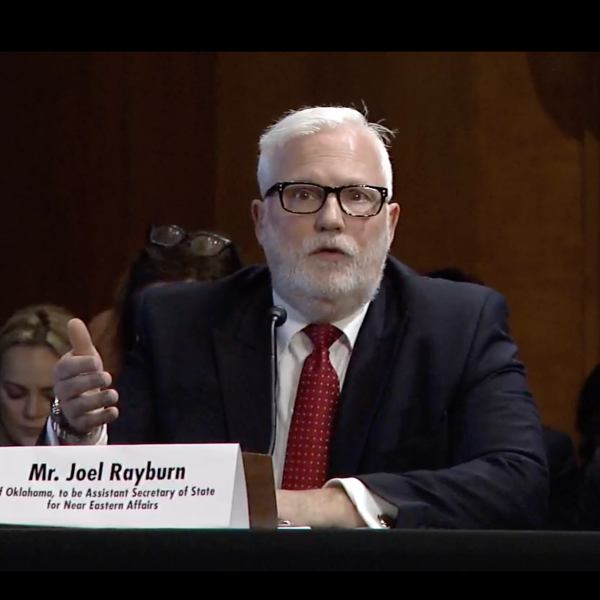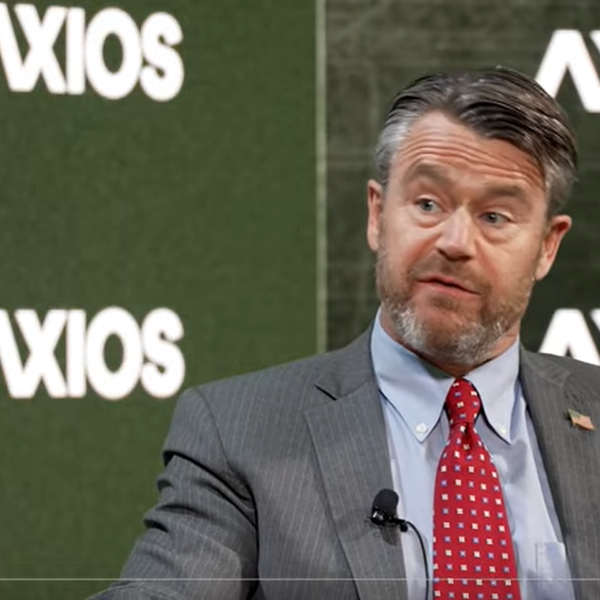There is no doubt that COVID had a devastating effect on the world economy, and in the United States the virus ripped through communities in ways not seen since the Great Depression. The wealthiest of Americans, however, actually made money during the pandemic and one industry — War Inc. — is back to booming. If share prices were down in 2020, the money from Uncle Sam kept coming, allowing the top 5 defense contractor CEOs to reap a combined compensation of $105.4 million for 2020 alone.
According to a new report by the Center for International Policy, aptly entitled, “Executive Excess: CEO Compensation in the Arms Industry, 2020,” authors William Hartung and Leila Riazi detail the enormous sums of money paid to just a handful of individuals each year in an industry notorious for its over-reliance on the federal trough. In 2020, the CEOs of the Top 5 — Northrop Grumman, Lockheed Martin, Raytheon, General Dynamics, and Boeing — made more than $150 million. When expanded to other top company officers required to disclose their earnings, that number goes up to an astonishing $276 million.
From 2017 to 2020, these top officers earned more than $1 billion in total compensation.
And you the taxpayer paid for most of it. For all but one of the Top 5, three-quarters of their revenues came from federal government contracts in 2020, according to CIP.
To put it into perspective, 22 million Americans lost their jobs in the first two months of the pandemic (March and April 2020). As of April, according to this read, 34 percent of small businesses were still shuttered. Jobs and businesses are coming back, but the unemployment rate is still at 6 percent, compared to 3.6 percent in January 2020 before COVID hit. Meanwhile, Washington is plowing money into states for relief but according to these March 2021 statistics, nine percent of all adults are still reporting they haven’t had enough to eat in the last seven days, 10.7 million can’t pay rent, 9.5 million are behind in their mortgage payments. Some 6.7 million adults — 29 percent of all adults in the nation — say they are having a difficult time paying for rent, medical bills, student loans, car payments, and food.
But the war industry, flush with $4.6 billion in defense dollars issued as part of COVID relief between March 2020 and January 2021, is doing more than just “bearing up,” according to this Defense News piece in March. “Financially, it’s great. Companies have positive cash flow and no company suffered major trauma,” said industry analyst Byron Callan of Capital Alpha Partners. “There are a lot of congratulations to go around for the department and industry for managing this thing. Within its own little environment of defense contracting, things went very well.”
As we know — because the top 5 CEO’s are pretty clear about it — this industry profits from global trauma and conflict and business has been good. This recent Eli Clifton piece shows how good. Plus, as another colleague Ben Armbruster points out, the United States actually injected more money into military spending year-over-year, during the crisis, some 4.4 percent more.
This puts War Inc. up there in the pantheon of America’s wealthiest elites, those who were able to profit bigtime from the misery wrought by the pandemic. According to the latest figures, America’s billionaires (roughly 650 individuals) are worth $4.6 trillion as of April 28, up 38 percent from January 2020. The top winner: Amazon founder and CEO Jeff Bezos, whose personal fortune increased $86 billion since 2020.
While that dwarfs the defense CEO compensation rates last year, at least much of Bezos’s take was from selling you something you gained in return. As taxpayers you not only pay for what Hartung and Riazi call a military industrial complex full of “cost overruns and performance problems, expenditures on weapons systems that are not relevant to current security challenges, and investments in weapons that actually make the world a more dangerous place,” but you are subsidizing the one-percenter lifestyle of a tight group of fat cats. That should make anyone sick, pandemic or not.


